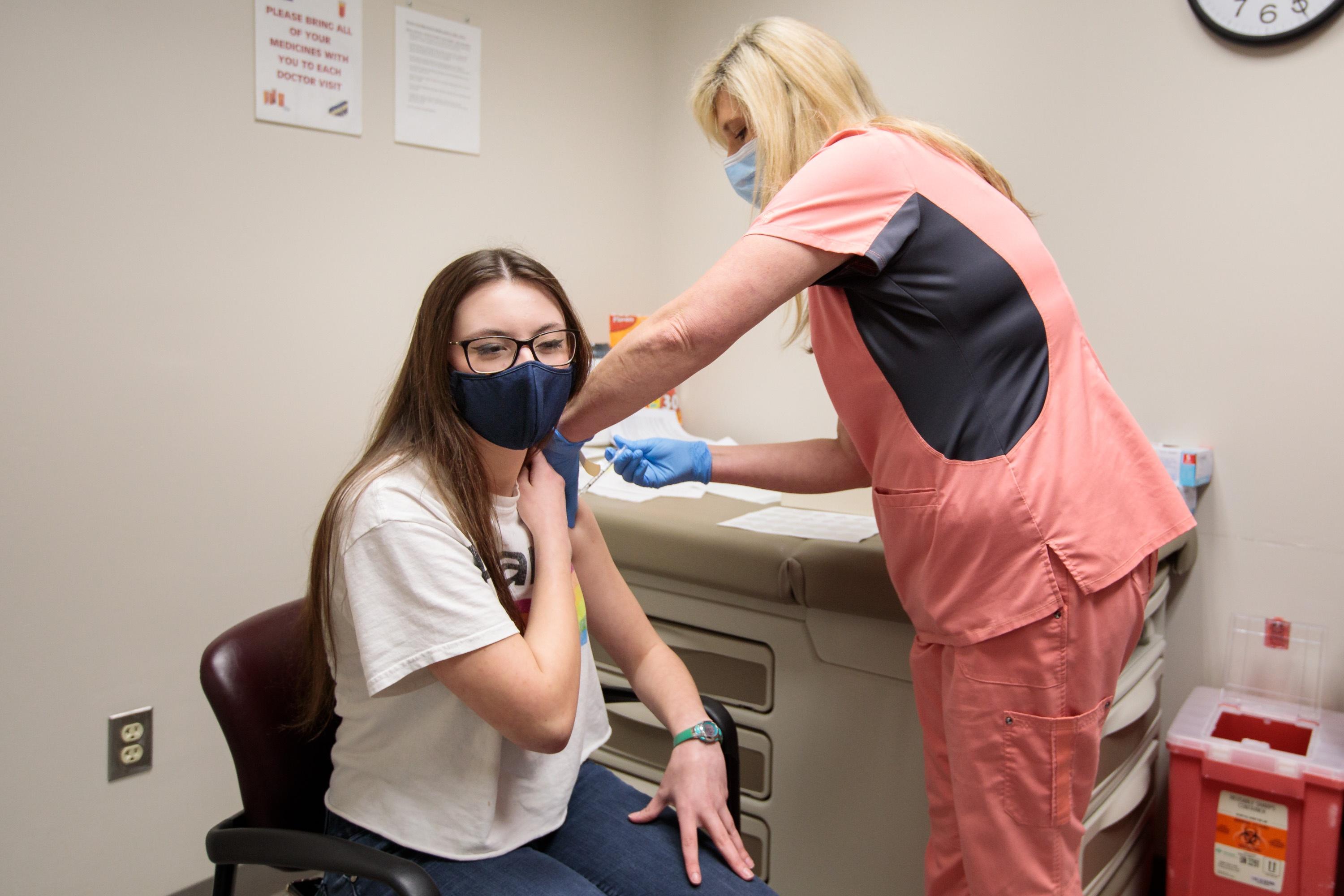Pediatricians say cases of a disease caused by the coronavirus could begin to rise soon and are urging parents to get their children vaccinated.
Pediatricians say rise in MIS-C cases could follow decline in coronavirus cases


Pediatricians say cases of a disease caused by the coronavirus could begin to rise soon and are urging parents to get their children vaccinated.

LISTEN HERE
Coronavirus cases are beginning to decline in Mississippi, but pediatric doctors say children in the state may be at risk for a surge in cases of Multisystem Inflammatory Syndrome in Children.
“What we’re waiting for now is the uptick of MIS-C which occurs around 4-6 weeks after the peaks of community transmission. We don’t know if we’re going to see it at this point because it’s a different strain of the virus. But again the thing with MIS-C is you can’t predict who’s going to develop it. We’re basically poised and ready and waiting for these cases to start coming in,” says Dr. Charlotte Hobbs, Professor of Pediatric Infectious Disease and Microbiology at the University of Mississippi Medical Center.
Dr. Hobbs says MIS-C occurs some time after the coronavirus and causes swelling in several organs. But most children who contract the disease were previously healthy. Following the Delta surge, Mississippi had a higher rate of MIS-C cases than many other states, and she says only a small portion of eligible children in the state are vaccinated against the coronavirus.
“Every few months we’re going through a new wave with new variants. We will continue to have new variants as long as we have susceptible populations who are not vaccinated,” says Dr. Hobbs. “So this will continue to go on where we have these peaks of transmission and then children getting sick, and potentially getting very sick and even potentially dying as long as we have an incompletely vaccinated population.”
Dr. Hobbs says common symptoms of MIS-C include fever and intestinal discomfort, but each child could develop symptoms differently.